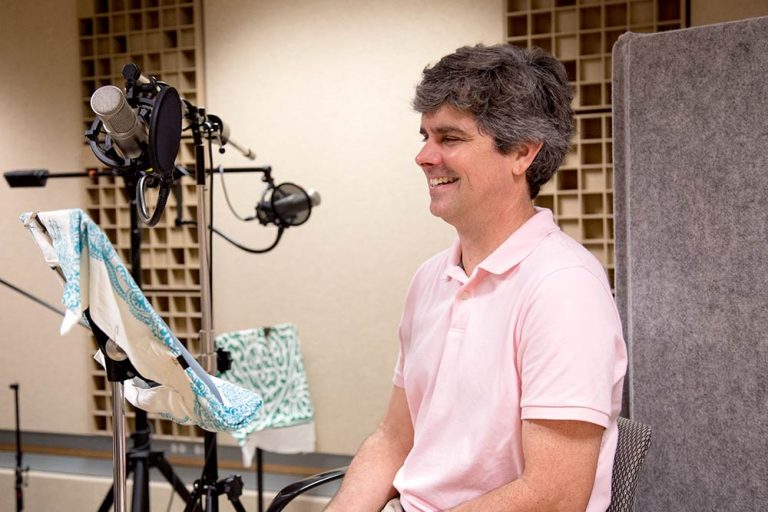The proverb, “All work and no play makes Jack a dull boy” has been around since the 17th century. Over three hundred years later, it’s still widely understood that play is important to rejuvenation and creativity.
Education researchers also understand that, for children, play is essential to learning.
Experts like Christopher Brown, an associate professor at the College of Education of The University of Texas at Austin, are alarmed by the sharp reduction in play time for kindergarteners.
In Brown’s recent op-ed, published in the Conversation and Yahoo News, “Researchers have demonstrated that five-year-olds are spending more time engaged in teacher-led academic learning activities than play-based learning opportunities that facilitate child-initiated investigations and foster social development among peers.”
This shift is alarming, says Brown, because, “focus on rules can diminish children’s willingness to take academic risks and curiosity as well as impede their self-confidence and motivation as learners – all of which can negatively impact their performance in school and in later life.”

Brown’s research-based perspective is becoming a call-to-action among the public. He has appeared on programs like the Academic Minute and most recently on Wisconsin Public Radio’s On Point broadcast.
Says Brown, a former kindergarten teacher, “No one … is advocating for the elimination of academics in kindergarten. … Kindergartners require more balanced learning experiences that nurture their development and their desire to learn and interact with others. This will improve their performance in school and assist them in seeing school as a place that will help them and their friends be better people.”

